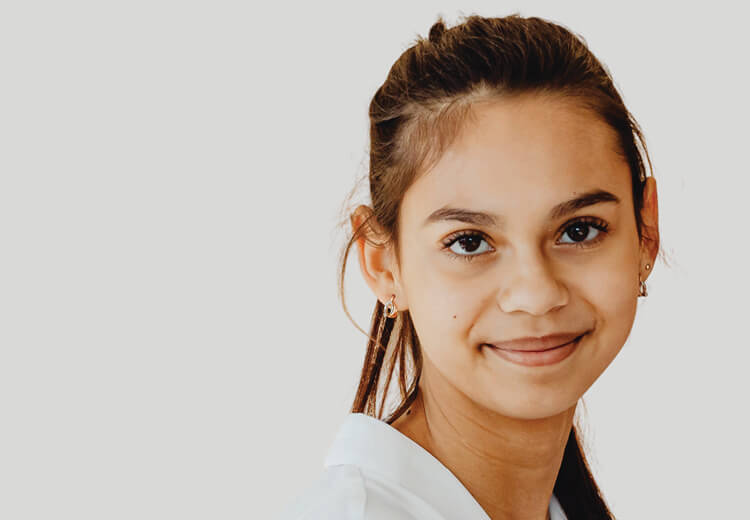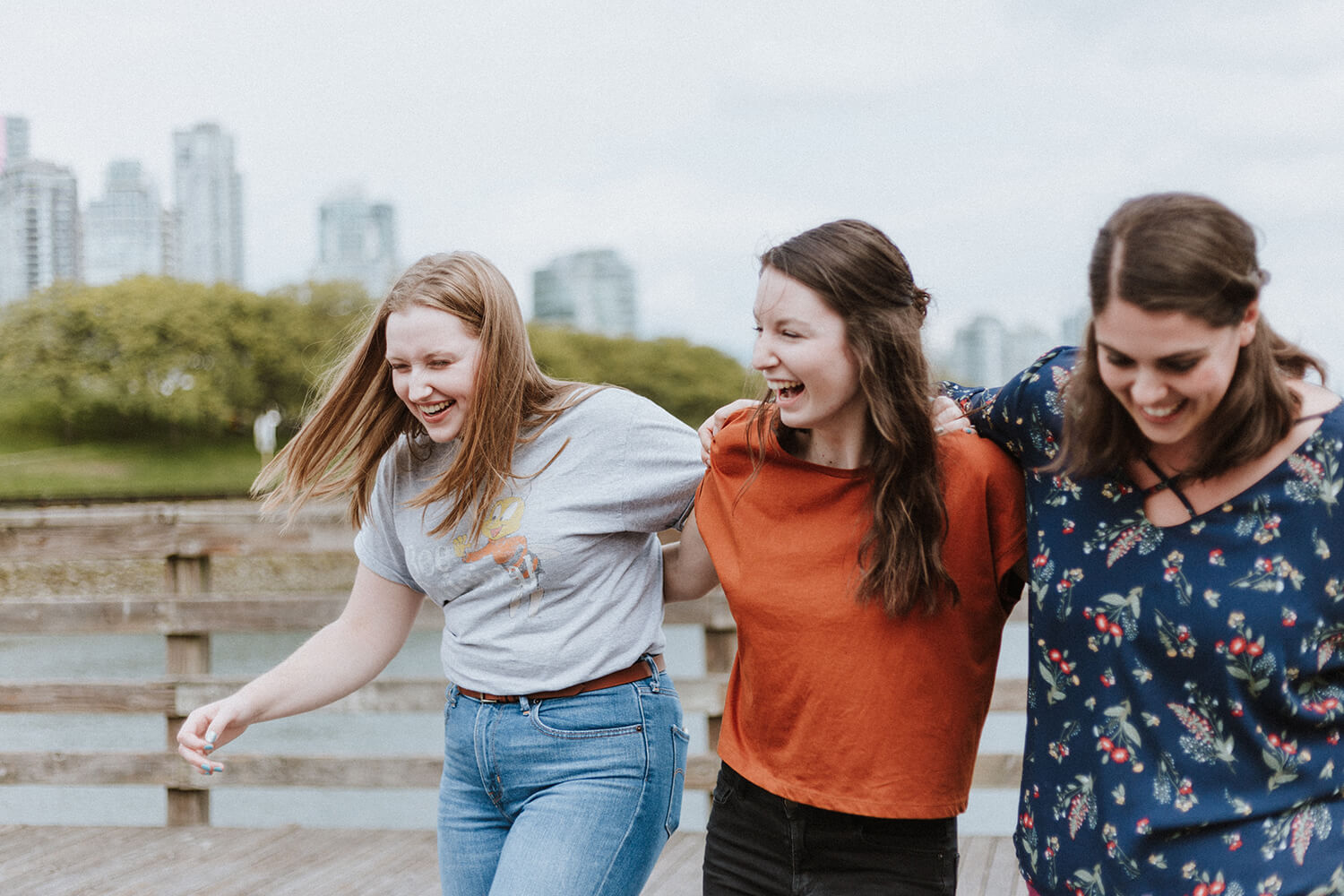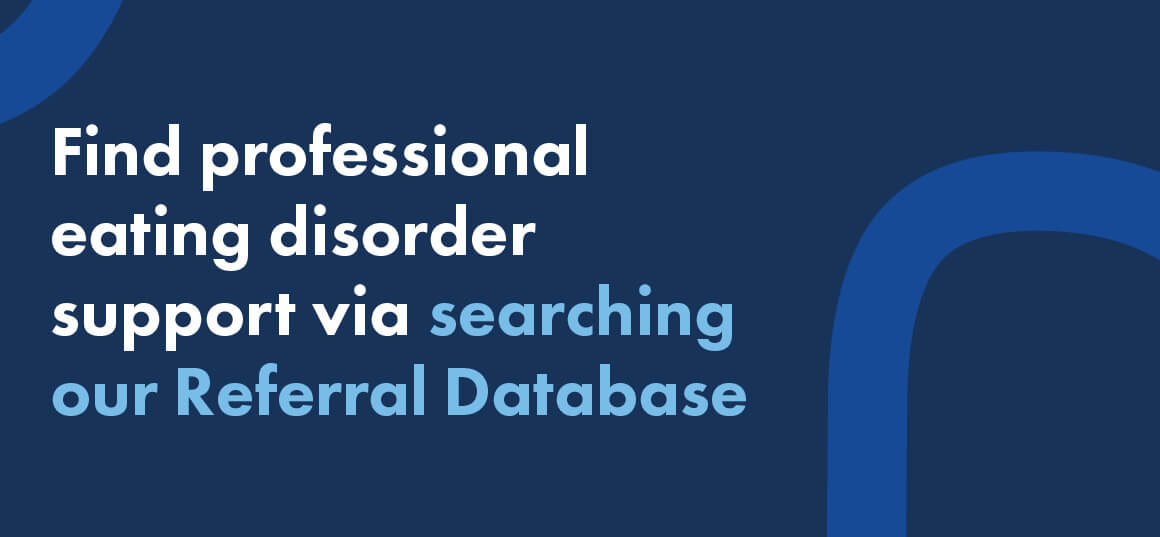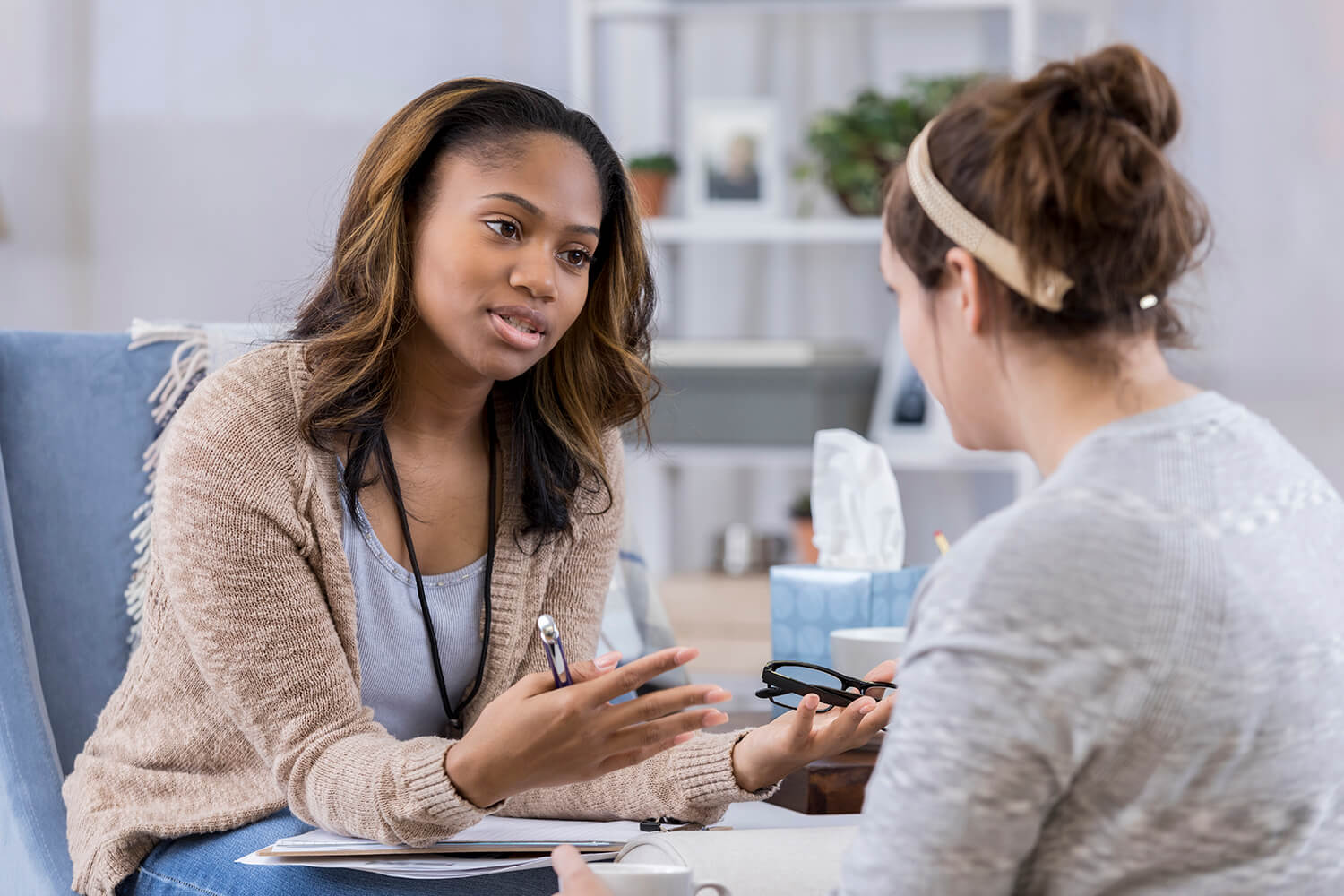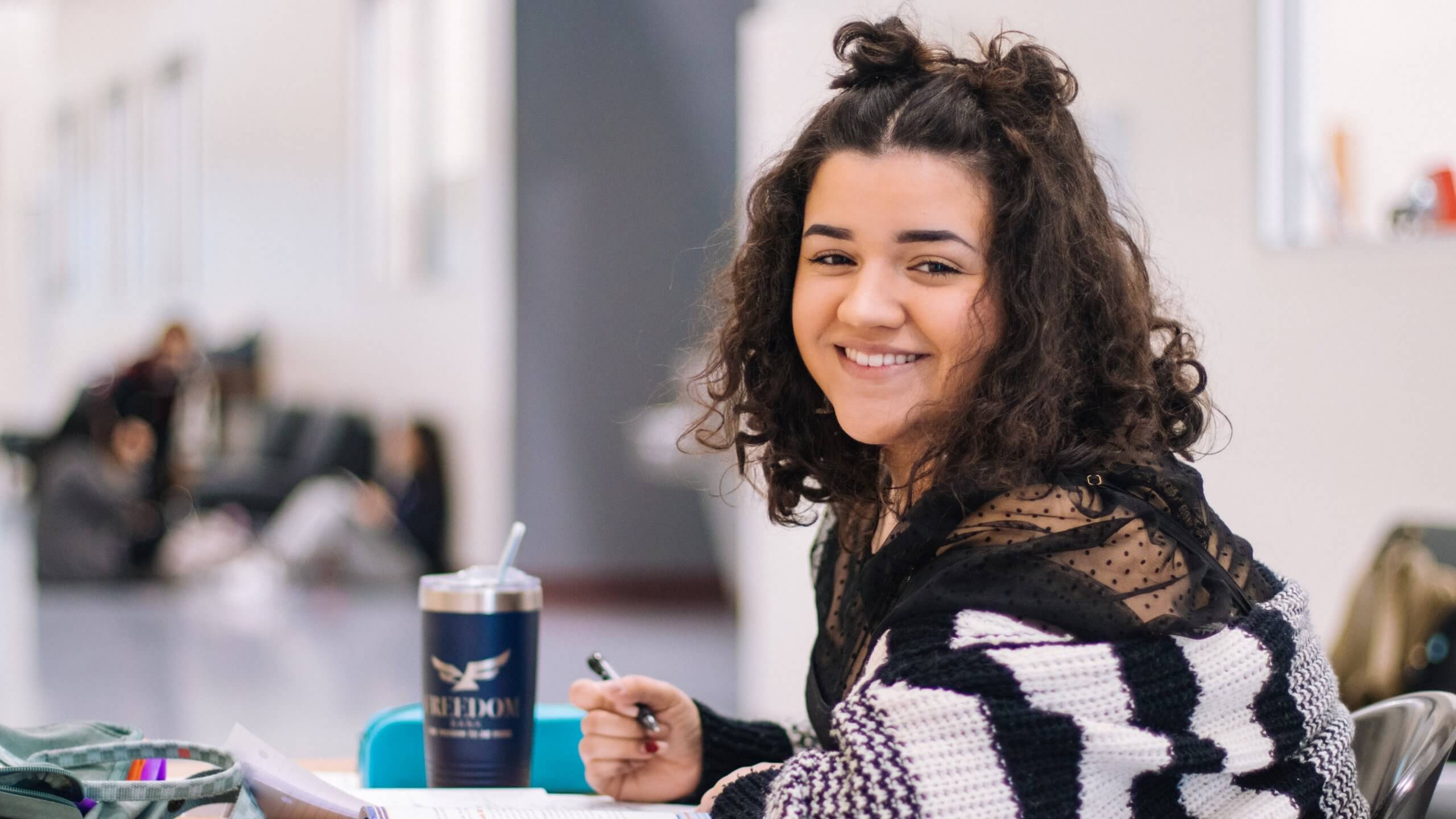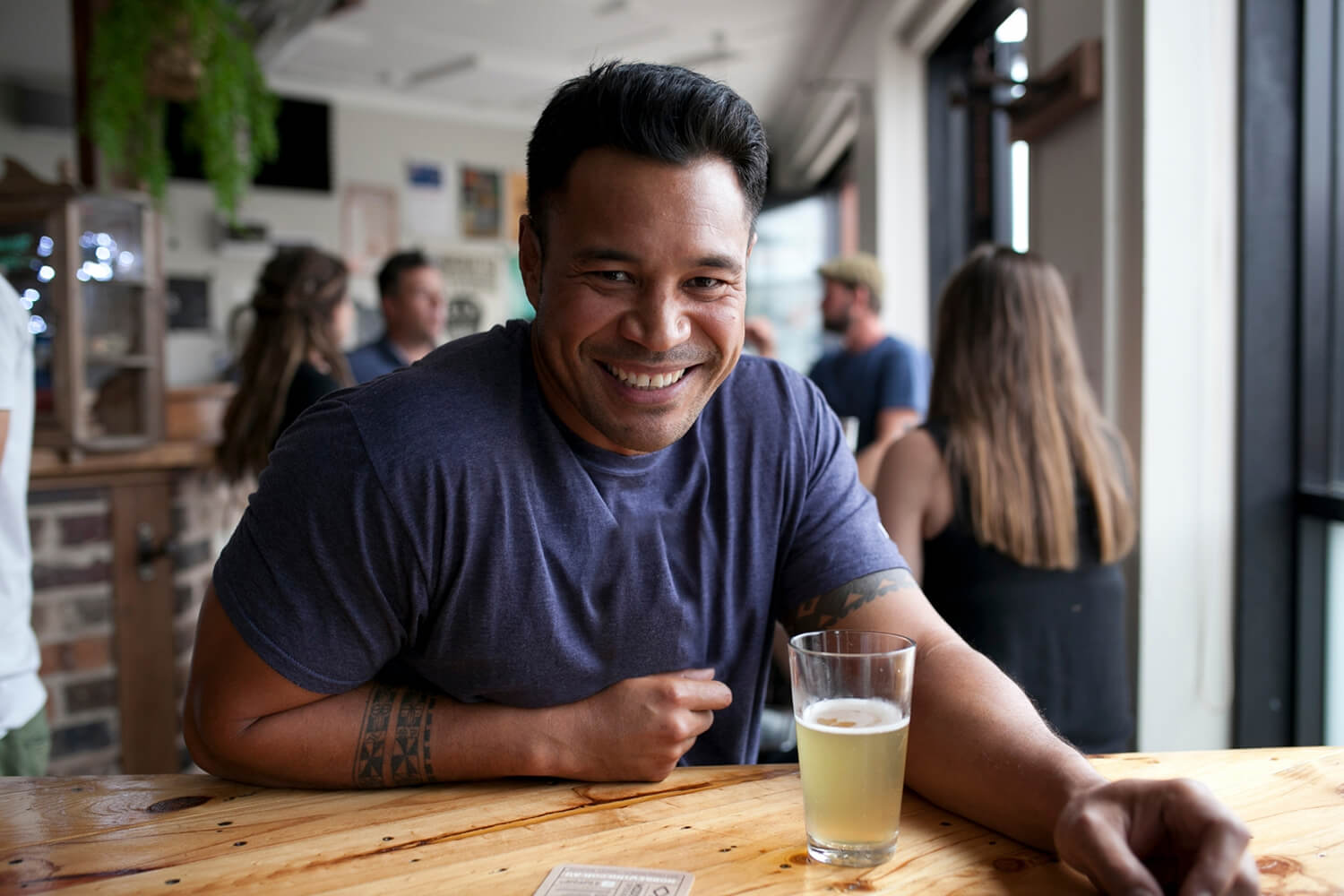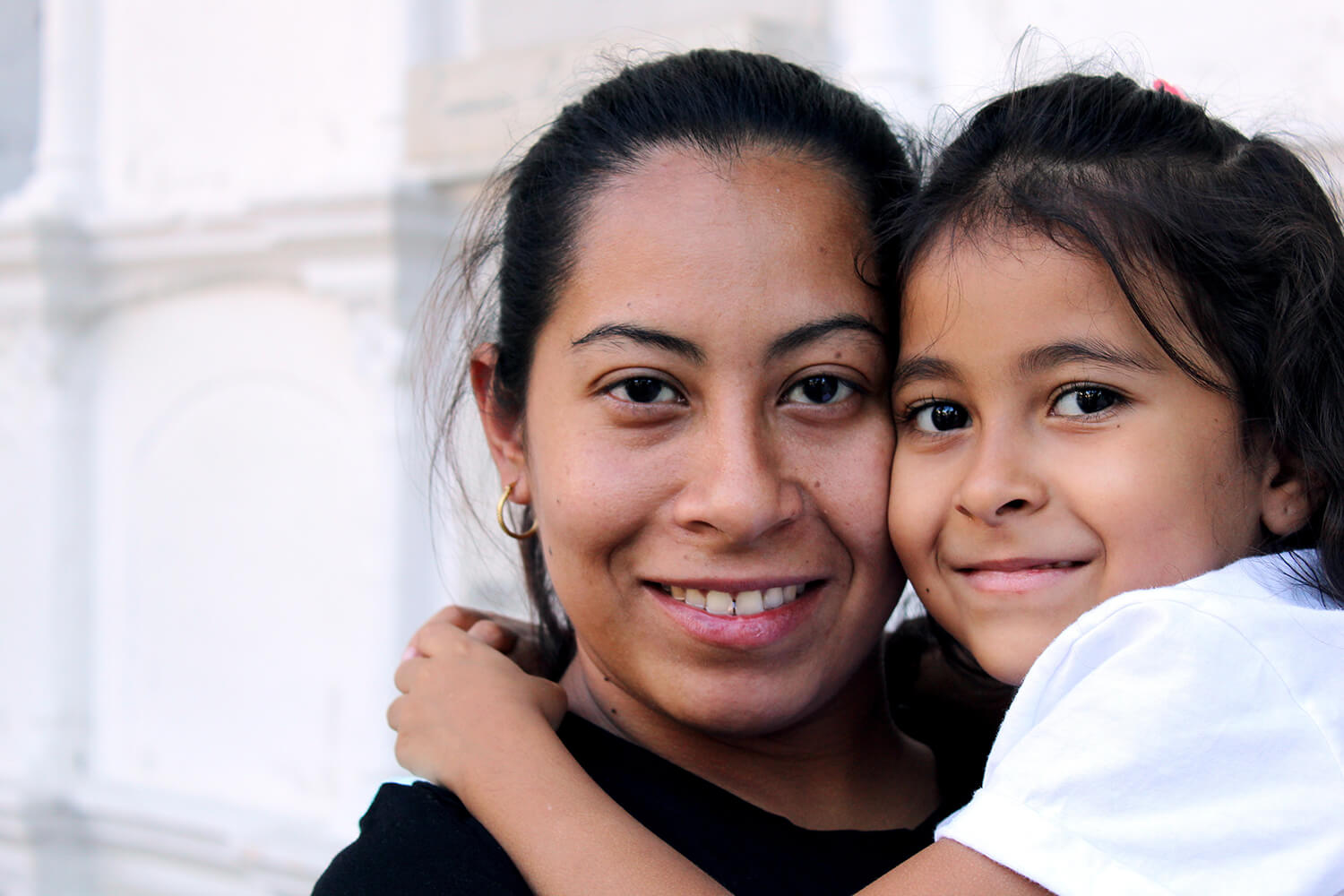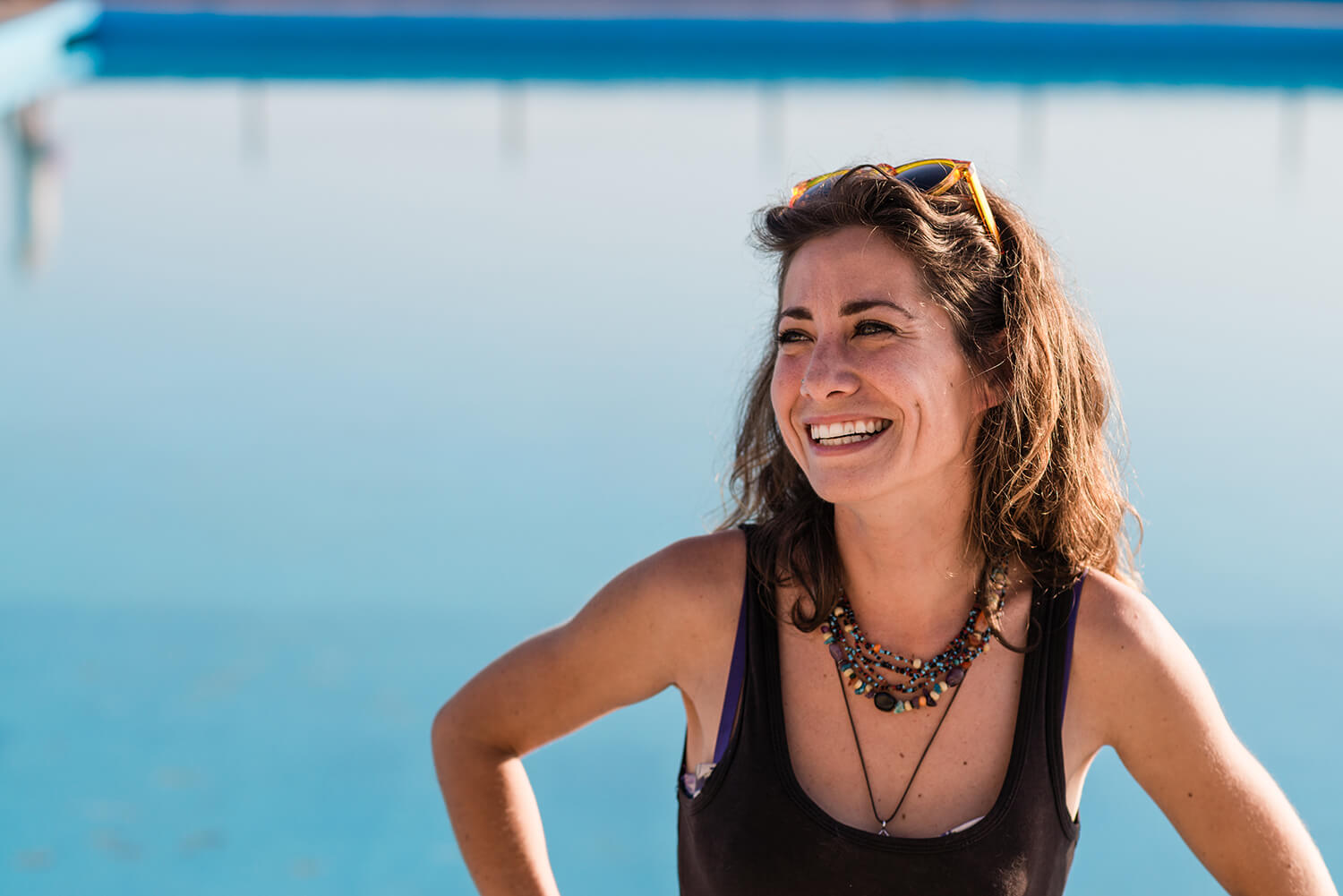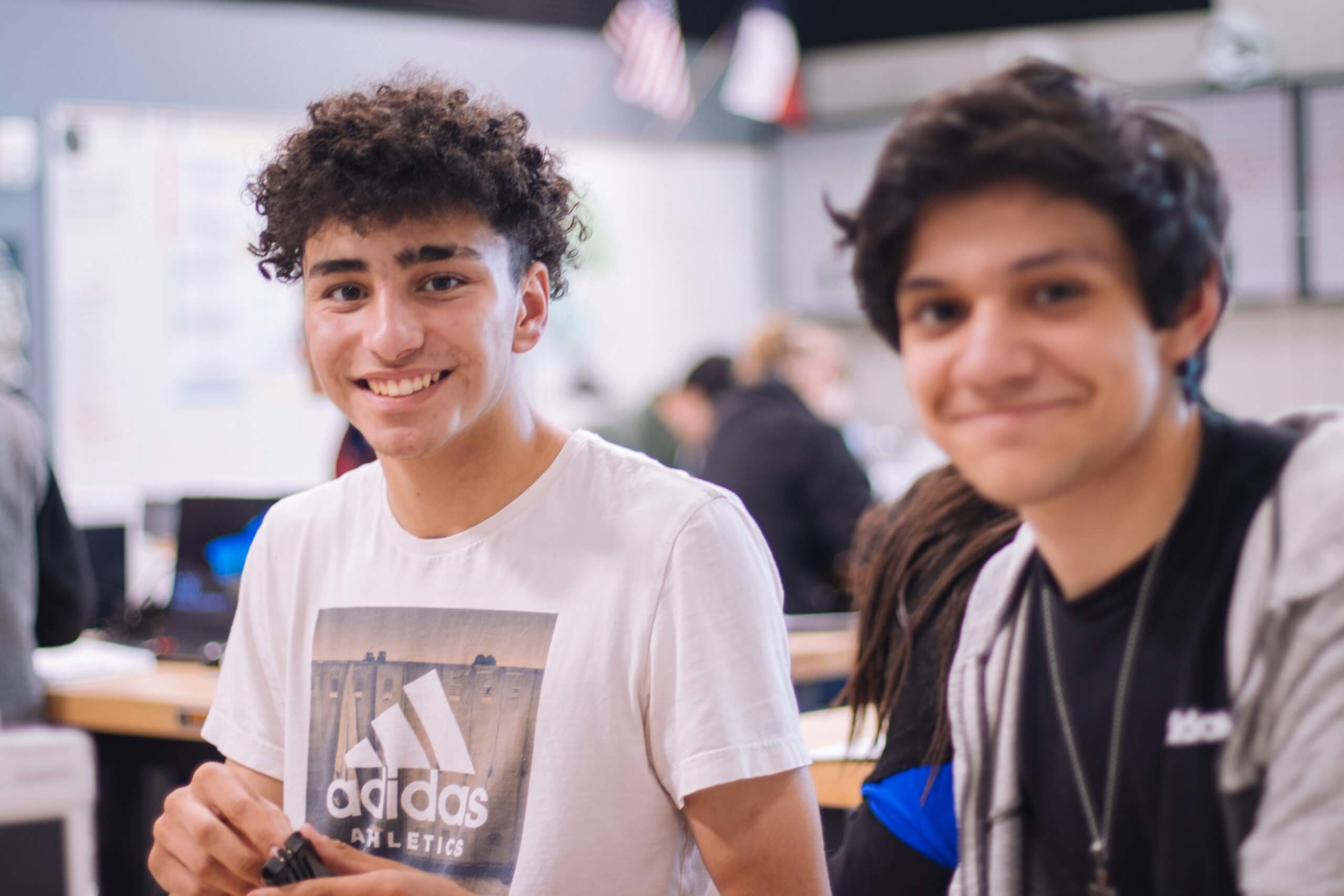How to navigate the ‘Zoom Effect’ and stay body confident on video calls.
By Danni Rowlands – Butterfly National Manager of Prevention Services
For over a year now, Australia has been forced to adapt to a new “COVID normal”, with fluctuating restrictions forcing many to develop new ways of remaining socially connected to our colleagues, friends, and family. It’s resulted in a sometimes overwhelming use of video chats, and new research says that this is resulting in greater body dissatisfaction.
Whilst we adapt to new forms of communication in the age of COVID-19, we need to consider that for anyone using video calling platforms during these challenging times, body dissatisfaction may be a very real outcome. As we continue to navigate through COVID-19, its normal for people to feel flat, worried or down, with many struggling with their mental health. People have also had huge changes enforced upon them in relation to how they eat or exercise and all of these factors may contribute to a person feeling negatively towards themselves, their life and of course their body as well as the way they look. These feelings are likely to be heightened upon engaging with video call platforms.
The experience of video calling could be likened to sitting in front of a mirror for an extended period of time and this behaviour at the best of times can increase body and appearance checking, critiquing or criticising.
Unfortunately, too often these are not positive critiques or checks. Typically we would discourage pro-longed time spent in front of a mirror, in an effort to support a more positive body image, however with video calling tools being used to remain connected, it is about finding ways to ensure the experience is as positive as possible.
Platforms that allow video calling also encourage greater body and appearance comparisons. At the best of times this is problematic, as the more often a person makes body or appearance comparisons, the more at risk they are of feeling unhappy, uncomfortable and dissatisfied with their body and how they look. This is particularly notable because appearance and body comparisons to friends or peers are not always done in the positive. This of course may also be problematic for adults as a result of being involved in a higher number of video meetings or social gatherings.
Of course, online platforms generally can increase the risk of appearance teasing and bullying. Given many people are struggling with their mental health and own feelings about themselves and their bodies, this may drive more negative comments being directed at peers, friends or classmates. What may be more of an issue within the video call environment is an increase in negative body or specific appearance dialogue , which can include hurtful commentary around the fear of gaining weight. In friendship groups, this language and dialogue often allows people to voice their body or appearance concerns and in turn reinforces certain appearance ideals, which is unhelpful to everyone involved.
As video calls are more-often than not live – digital enhancement, lighting and ‘best angles’ are much more difficult to manipulate and this may be distressing for some people, leading to them feeling distracted while involved in the video call. For people who typically engage in a high level of grooming, use online filters or take many shots before uploading the ‘perfect’ one – the live video feature may cause people to feel really uncomfortable or unhappy with how they look.
1 in 3 Australians have found new appearance concerns while on video calls
New research indicates that 1 in 3 Australians have new concerns about their appearance since the pandemic began, because they’re identifying new appearance concerns while on video. With individuals exposed to their reflection on camera for greater periods than ever before, dysmorphic concerns are rising, such as self-focused attention and greater video manipulation behaviours.
Worryingly, those who have developed new video-based appearance concerns have reported greater interest in obtaining future beauty treatments and aesthetic procedures such as botox.
Staying connected to people in our life is so important during these challenging times. There are many positive things that people can do to ensure their self-esteem and body confidence stays in check whilst engaging in video calls.
Tips for remaining body confident on video calls
- Be kind to yourself! This is not an easy time and people are going to feel all sorts of things and that is ok.
- It’s ok to say no to a video call
- If you are a teacher consider turning off student cameras unless students need to demonstrate their learning.
- Make a phone call, rather than a video call if you feel that you need a break from the screen feature.
- If you are involved in a larger group chat, turn off the video feature. Only use this if you need to talk.
- Try to focus on who is talking, rather than being distracted with your own image. It is strange seeing yourself on video.
- Blur your background, choose a different background scene or sit in an area that shows a blank wall, rather than aspects of your room/home. It’s ok to value privacy during this time.
- Dress for your day, even if working from home or if you’re stuck in isolation. Get dressed and present yourself neatly, as you would if you had to venture out of the house to go to school or work. You don’t need to look perfect, but ensuring that you are presenting yourself in a way that makes you feel comfortable is a sign of self-respect, this is good for your self-esteem and your body confidence.
- If you find friends are chatting a lot about their appearance you can always ‘be the change.’ Let them know that it’s who they are rather than how they look that is important, throw in some positive comments and re-direct the conversation. If it’s happening a lot it may be a sign that your friend is struggling. Reach out to them privately if you feel they need some support.
- If you are finding that you are getting down or feeling really uncomfortable and distressed about how you look, we encourage you to contact the Butterfly National Helpline. This is a challenging time and it is going to impact people in many different ways, for some people it will have a really strong and negative impact on the way they feel about their body and appearance and the behaviours they engage in with eating as well as exercise. Talking to someone can help!
If you are under 18 and are experiencing online bullying, you can make a complaint to the eSafety Commissioner to help get harmful content removed: www.esafety.gov.au/report.
If you or anyone you know is experiencing an eating disorder we encourage you to reach out for support. You can call the Butterfly Foundation National Helpline on 1800 33 4673
Get Support
National Helpline: 1800 33 4673 (ED HOPE).
Email: support@butterfly.org.au
Chat online







